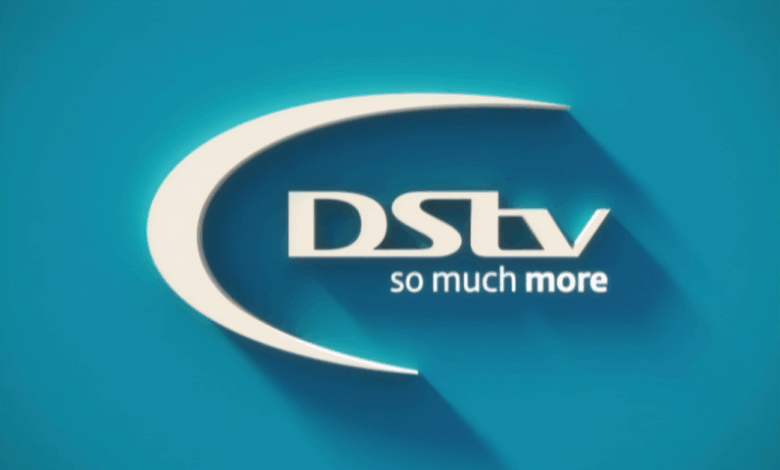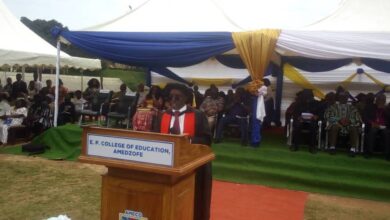DSTV Pricing Shows Ghana’s Poverty of Thought


In today’s Ghana, the loudest noise in our technology space is not about jobs for the jobless, innovation for the desperate, or breakthroughs for the poor. It is about DSTV pricing and channel metrics, a rich man’s distraction paraded as national debate, and, most absurdly, led by the Minister for Communications. In a country still limping behind in the basics of development, one would have thought by now our conversations would reflect urgency, not luxury.
What stops us from imagining how an unemployed graduate in a remote village might use AI to test soil quality and advise illiterate farmers on what to plant? Why is there no forum on how young engineers can assemble affordable solar microgrids to light up rural schools? Why are we not seeing competitions where youth design low-cost electric motorbikes for the okada economy instead of another whitepaper gathering dust?
There are real conversations waiting to be had. How unemployed graduates in Accra can build data dashboards to track farming yields and district revenues. How creative youth can deploy VR to make Cape Coast Castle or Osu Castle part of the global tourism circuit. How waste, from plastic to bamboo, can be transformed into wealth creating industries run by young entrepreneurs. These are the conversations that can lift our youth out of despair and place Ghana in the ranks of countries that create, not consume.
It is pitiful that a whole Minister of Communications has reduced national debate to satellite TV bills. It is disgraceful that the middle class eagerly joins in, while millions of young people sit idle, their energy and creativity rotting away for lack of direction.
Ghana is not poor because we lack talent, but because our leaders and elites waste time on distractions instead of solutions. The day we replace this empty chatter with real conversations on jobs, innovation, and opportunity is the day Ghana will begin to rise. Until then, DSTV pricing will remain the perfect symbol of our poverty of thought.
DISCLAIMER: The Views, Comments, Opinions, Contributions and Statements made by Readers and Contributors on this platform do not necessarily represent the views or policy of Multimedia Group Limited.
DISCLAIMER: The Views, Comments, Opinions, Contributions and Statements made by Readers and Contributors on this platform do not necessarily represent the views or policy of Multimedia Group Limited.
Source link





